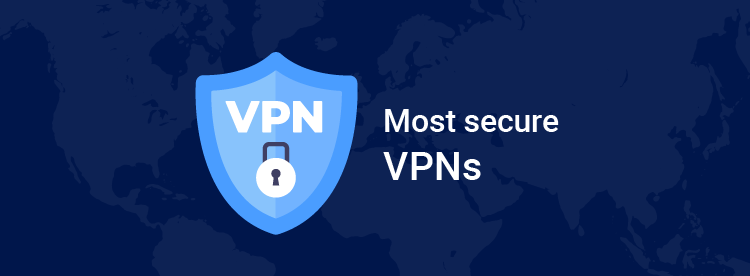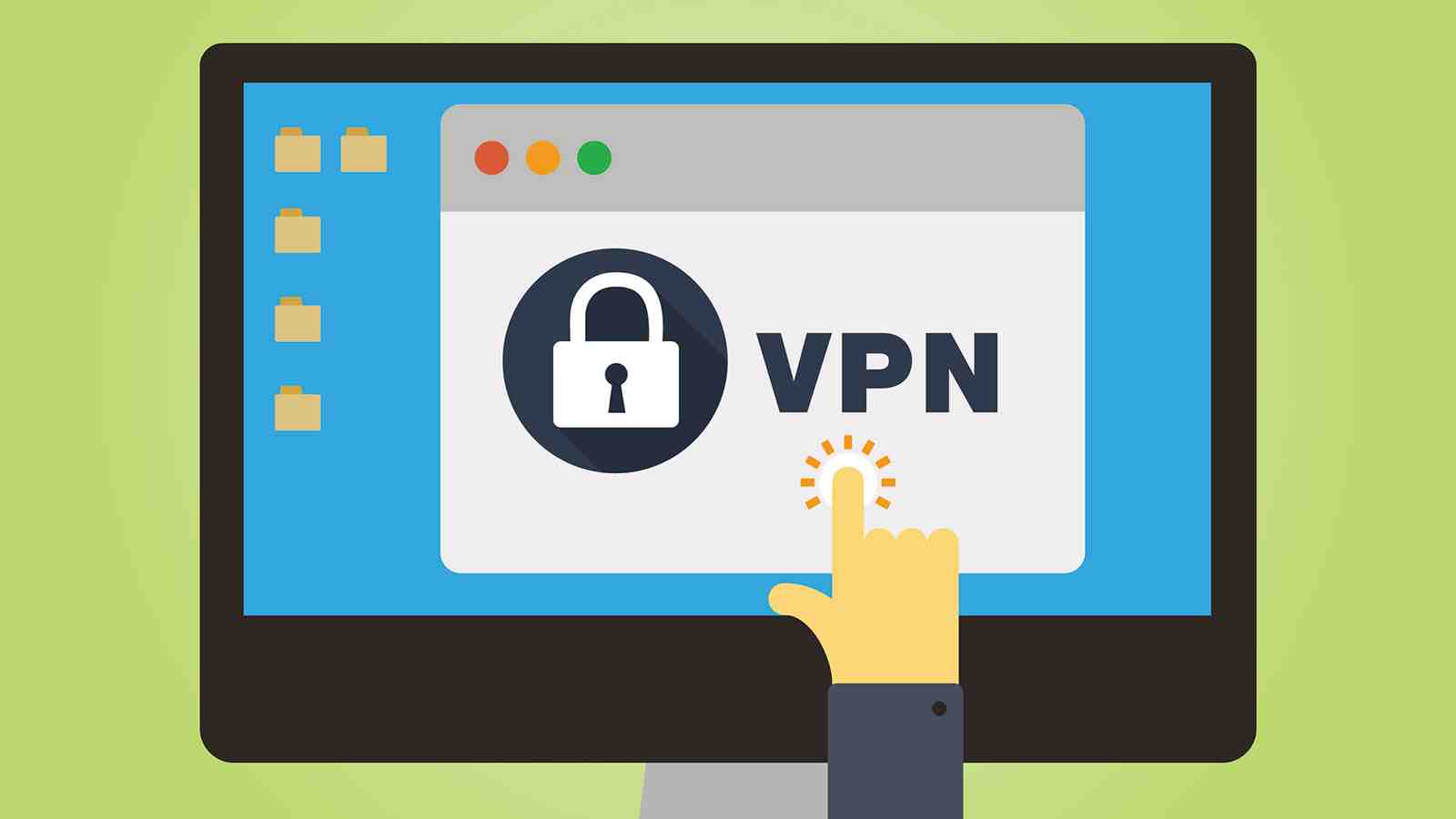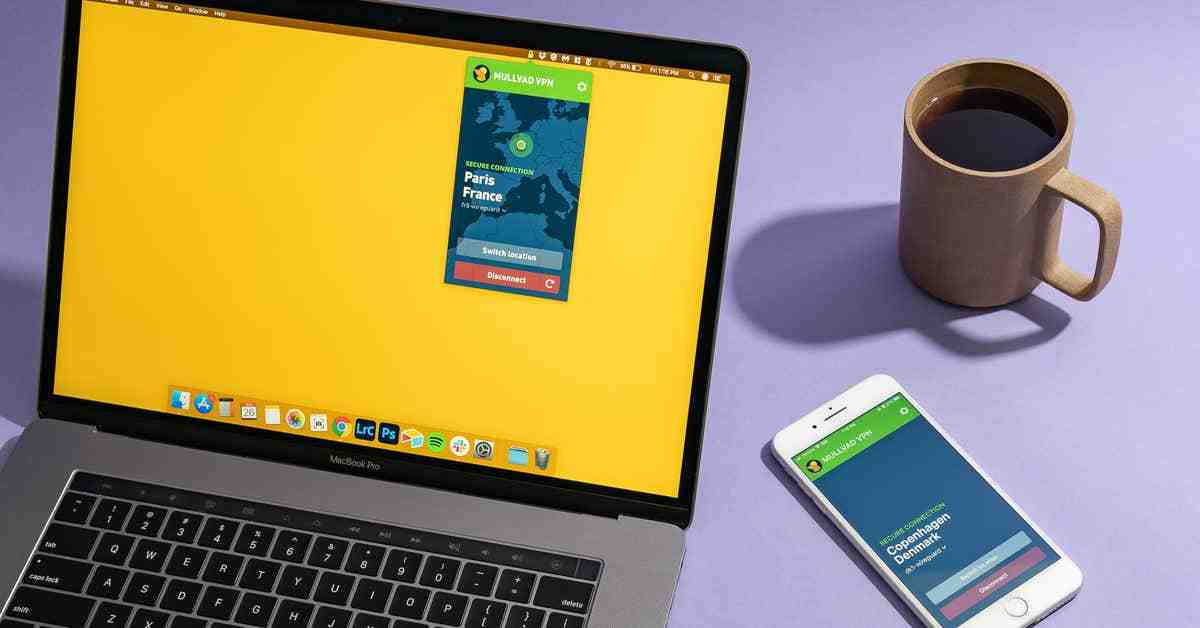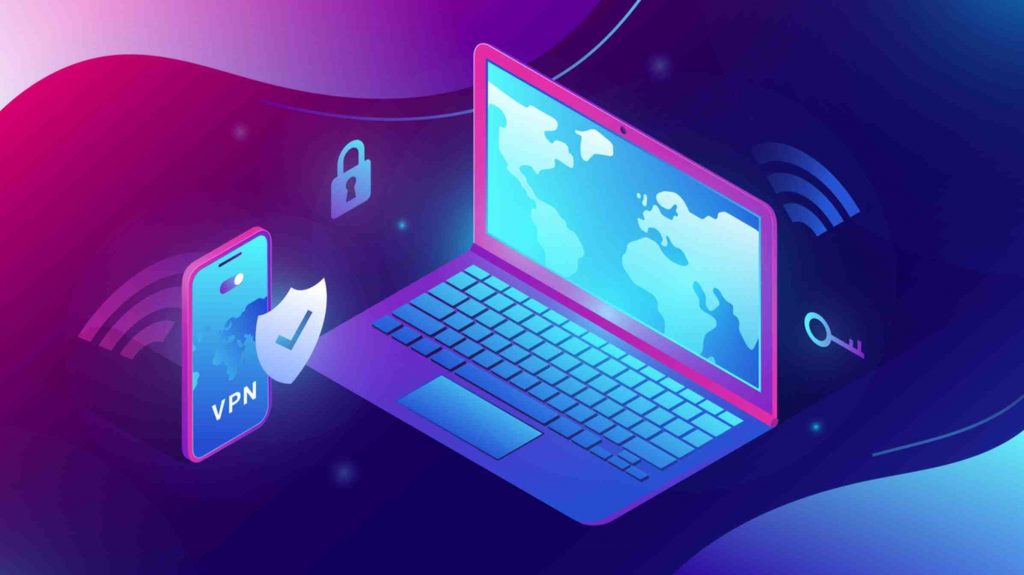What are the best VPNs for on the go?
A VPN (Virtual Private Network) gives you online privacy and anonymity by creating a secure private network from a public internet connection. It is an extremely useful tool that travelers should have in their arsenal. Not only can travelers securely connect to public WiFi, but they can also get cheaper prices, access their favorite websites, and enjoy the content they’re used to. However, not all VPNs offer these benefits when traveling, so it’s important to know how to choose the right one for you.
Get better prices with a VPN
Booking a flight, hotel or holiday can get very expensive very quickly. Luckily, there’s an easy solution to easily save money: using a VPN.
Most companies in the travel industry use dynamic pricing – people from different countries have to pay different prices for the same thing. Hiding your IP and location and changing it to a new IP in a different country can help you save a significant amount of money. Just make sure you clear your cookies before exploring!
Secure connection wherever you are
There are fewer things travelers love more than free WiFi. Roaming is expensive and local mobile data plans aren’t always an option. So we turn to cafes, restaurants, hotels, airports and malls to get their free open wifi. However, these networks are often unsecured, and hackers have been known to hijack a popular Wi-Fi hotspot to trick people into connecting to it. This could result in you losing your credit card details, login credentials, and other personal information. This lost data could be used to impersonate you in a phishing attack on your friends and family. In some cases, it can even infect your device with malware.
The best solution to this problem? Use a VPN. It encrypts the data you send and receive and reroutes it through a secure tunnel, making it extremely difficult to intercept and read.
Unfortunately, some popular travel destinations also suffer from censorship and online restrictions. There it may be impossible for travelers to access Google products, popular social media platforms or messaging services. This is especially inconvenient when you need to find a restaurant, post the view from your hotel balcony on Instagram, or message your friends or colleagues.
When using a VPN, first connect to a VPN server in another country – only then will your traffic be directed to the website or service you need. In this way, you bypass censorship and your surfing activities remain hidden from prying eyes.
Some countries even ban VPN use so they can monitor their internet users. In this case, it’s important to weigh the risks and make sure you’re getting a trusted VPN provider that offers obfuscated servers. Remember that you must purchase the app and subscription before heading out!
The season finale of your favorite series is coming during your trip? You don’t want to miss it and risk accidentally seeing a spoiler online. Unfortunately, not all streaming services are available worldwide. To bypass these restrictions, connect to a VPN server at home and enjoy your favorite content like you never left.
VPN on the go: what to look out for
Not all VPNs are the same. Here are some characteristics to look for when choosing a provider:
There are many VPNs on the market, so choosing one might be a challenge. So you could go with an industry leader like NordVPN?
Which country uses VPNs the most? Indonesia uses VPNs the most, with 55 percent of its residents being VPN users. Indonesia is followed by India, where 43 percent of the population use VPNs, and the United Arab Emirates, Thailand and Malaysia, each at 38 percent, according to data from the Global Web Index.
Is a VPN worth it?

No matter what your reason for demanding privacy, a VPN’s powerful encryption protects your online activity. With a VPN, no one can see your data or activity — not hackers, not the government, not even your own ISP. Wherever you are in the world, you can sit back and relax.
Is there a downside to using a VPN? Likewise, using a VPN service has some disadvantages. speed, performance and cost. Good encryption always leads to delays. Using a VPN service can slow down your internet connection speed due to the processing power required for encryption.
Is it worth using a VPN all the time?
VPNs offer the best online security, so you should always keep your VPN turned on to protect against data leaks and cyberattacks while using public WiFi, and from intrusive snoopers like ISPs or advertisers. So keep your VPN on at all times. Always use a VPN when going online.
Do I really need a VPN at home?
In any case, VPN is highly recommended, especially when working with sensitive data. You should leave it on most of the time to protect yourself from hackers, privacy breaches, leaks and intrusive snoopers like ISPs or advertisers. VPNs encrypt your traffic and protect your privacy from third parties and cybercriminals.
What is a VPN used for?

A VPN, which stands for Virtual Private Network, is a service that creates a secure and private connection to the internet. A VPN creates an encrypted tunnel to protect your personal information and communications, hide your IP address, and allow you to securely use public Wi-Fi networks.
How much do VPNs cost?
Should You Use a VPN at Home?
In any case, VPN is highly recommended, especially when working with sensitive data. You should leave it on most of the time to protect yourself from hackers, privacy breaches, leaks and intrusive snoopers like ISPs or advertisers. VPNs encrypt your traffic and protect your privacy from third parties and cybercriminals.
Why would anyone need a VPN?
The main purpose of a VPN is to hide your online activity. VPNs are often used to protect against hackers and snoopers on public networks, but they’re also useful for hiding your IP address, browsing activity, and personal information on any Wi-Fi network — even at home.
When should I use a VPN?
VPNs offer the best online security, so you should always keep your VPN turned on to protect against data leaks and cyberattacks while using public WiFi, and from intrusive snoopers like ISPs or advertisers. So keep your VPN on at all times. Always use a VPN when going online.
Does VPN drain your battery?

According to ExpressVPN: “When it comes to battery consumption, there is no difference if you use the VPN with other apps for your battery. As with all other apps, consumption is normal. We just recommend turning off the VPN when you’re not using it so it’s not running in the background of your phone.”
Does VPN drain your battery? “When it comes to battery consumption, there is no difference if you use the VPN with other apps for your battery. As with all other apps, consumption is normal. We just recommend turning off the VPN when you’re not using it so it’s not running in the background of your phone.”
Should I keep my VPN on all the time?
The answer to the question “Should I keep a VPN on?” is yes. VPNs offer the best online security, so you should always keep your VPN turned on to protect against data leaks and cyberattacks while using public WiFi, and from intrusive snoopers like ISPs or advertisers.
